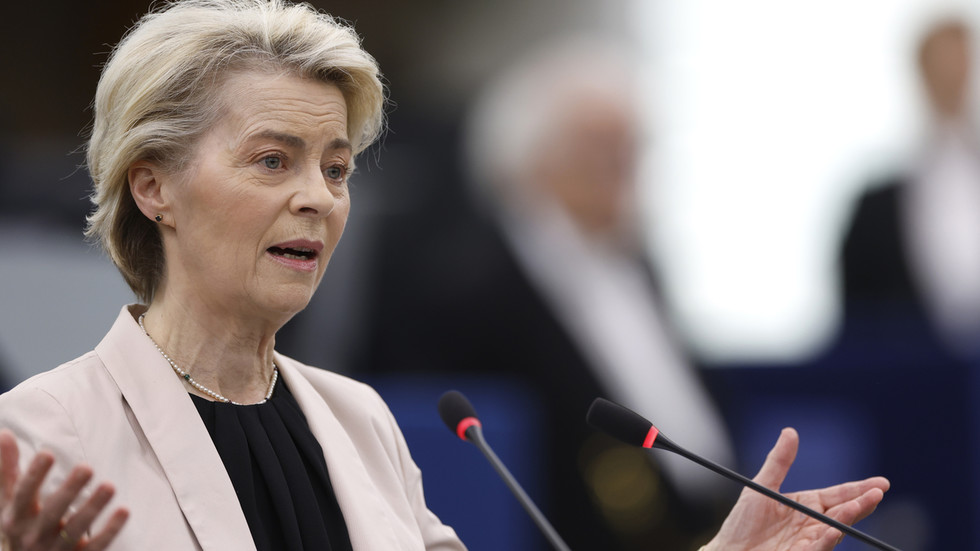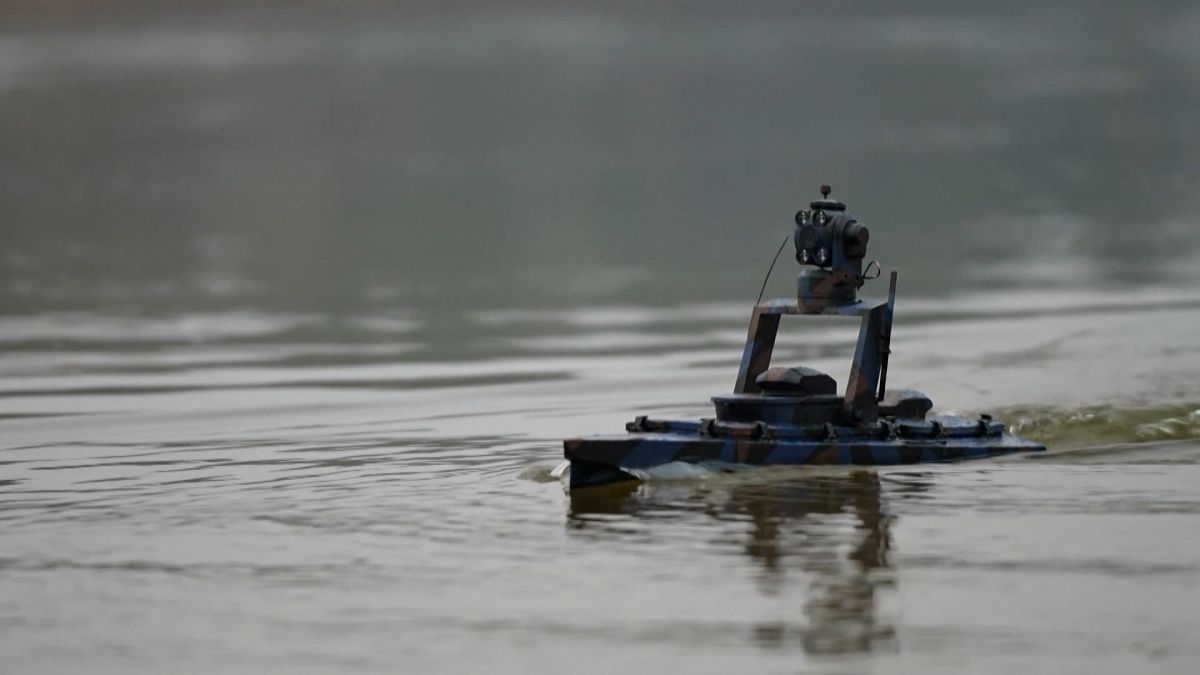Germany’s largest opposition party is heavily favoured to form a government after snap elections slated for February 2025.
Germany's Christian Democratic Union (CDU) have released their manifesto for next year's snap election, are pushing for a hardline stance on migration, spending money on defence and security and tax cuts in their newly released manifesto.
The party, led by former investment banker Friedrich Merz, looks well-positioned for a return to power, leading Germany's other parties in recent polls with around 30% of the vote.
According to its manifesto, the CDU intends to move Germany further to the right — particularly on migration, where it proposes a break not just with the current government but with Angela Merkel, the party's own former leader, who governed Germany for 16 years.
Among other measures, the CDU is now calling for a tighter asylum policy and a de facto freeze on asylum admissions at the border. These policies may be difficult to implement, as European-wide rules imposed under the Geneva Convention say that EU countries have an obligation to examine asylum applications once an applicant is on European soil.
Border officials are allowed to refuse entry to applicants if they pose a danger to the general public, but the EU Commission has the prerogative to intervene. However, countries such as Greece and Poland have been pushing back migrants for several years without interference from Brussels.
The CDU manifesto also proposes abolishing subsidiary protection for asylum seekers, which is also enshrined in European law under the Geneva Convention.
The party says it wants the law changed at the European level, a move that would see Germany join a rightward shift on migration and asylum policy that has swept acrossthe EU's member states.
Alongside these plans, the CDU says it wants to designate more countries as "safe" in order to more efficiently deport migrants; look into outsourcing asylum procedures to third countries; and reduce cash benefits for asylum seekers who have been told to leave Germany.
The party argues that its policies are "urgently needed" to curb immigration, saying the "influx" of people to Germany is "too much". At the same time, it proposes to speed up visa processing for foreign skilled workers, more of whom Germany urgently needs.
Elsewhere, the manifesto promises to reverse a popular dual citizenship policy introduced by the former government, uner which citizens can hold more than one passport for the first time in German history.
The party argues it will mandate integration courses instead of providing citizens with nationality, calling a German passport "the end of integration, not the beginning".
Defence and security
The CDU is promising to inject the military with "at least" 2% of the country's gross domestic product, thus keeping Germany in line with NATO's defence spending obligation, while improving defence procurement cooperation with the rest of Europe.
"We are equipping the Bundeswehr to become fully capable of defence again," the manifesto proclaims.
The now-collapsed government led by Olaf Scholz has already achieved the 2% threshold. Yet despite a push to modernise its military after Russia's invasion of Ukraine in 2022, Germany's armed forces were described as outdated and shrinking in an annual assessment released at the start of this year February.
The CDU has hammered home its support for Ukraine, including continued arms deliveries, and Merz is promoting himself as even more hawkish on Russia than Scholz, saying he would potentially allow the embattled country to use Taurus missiles to strike targets within Russia — something the outgoing chancellor has flatly refused.
However, Merz said on Tuesday at a press conference introducing the manifesto that a country at war could not become a NATO member — implying he might be more pragmatic in his support for Ukraine should he become chancellor.
Domestically, Merz has proposed to ramp up security by equipping "hot spots and danger spots" with video cameras and facial recognition software, clearing mosques where "hatred and antisemitism" are practiced, and combating extremism on both the left and the right.
Tax cuts and welfare
On Germany's faltering economy, which has seen two years of poor growth, the CDU's manifesto blames the former government for bringing the country "into recession".
The party proposes reducing corporation tax to 25%, abolishing Germany's solidarity tax, increasing the top tax rate to €80,000, and reducing VAT in the catering industry.
The manifesto also says the party would retain Germany's constitutionally-enshrined "debt brake", which restricts structural budget deficits in order to limit government debt. Scholz's calls to reform the brake drove open deep divisions in his coalition government, and ultimately helped speed its collapse.
To finance changes, Merz has proposed sweeping changes to Germany's benefits system, arguing for a new "basic security" system to replace the current arrangement, under which unemployed adults receive a minimum €402 a month at its minimum.
The party says it will be withdrawing benefits from adults who are "unwilling to work", but the manifesto is vague as to how that determination will be made.
The CDU says it would instead provide more support to those looking for work, including language courses and more efficient job centres.

 2 weeks ago
8
2 weeks ago
8






 We deliver critical software at unparalleled value and speed to help your business thrive
We deliver critical software at unparalleled value and speed to help your business thrive






 English (US) ·
English (US) ·